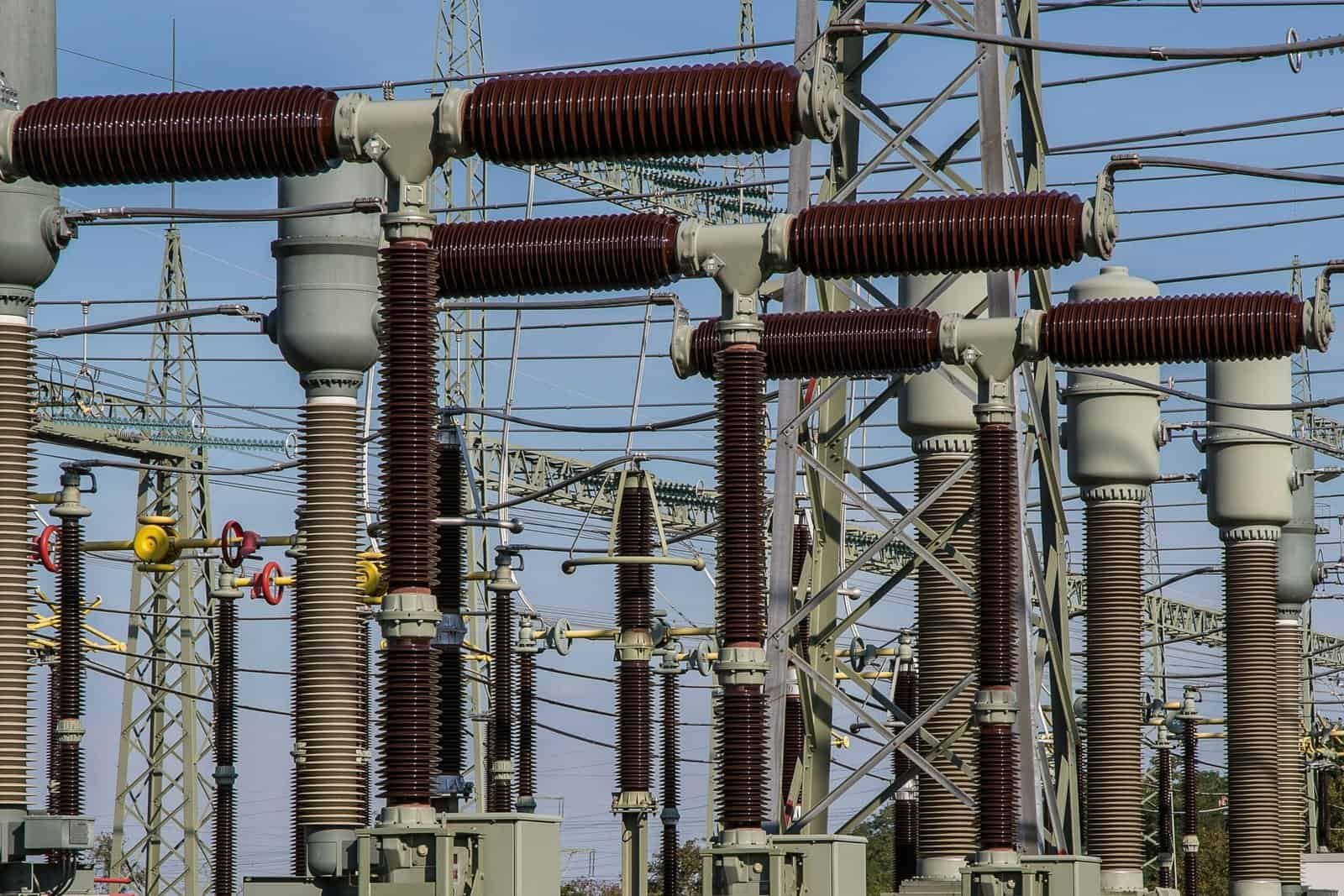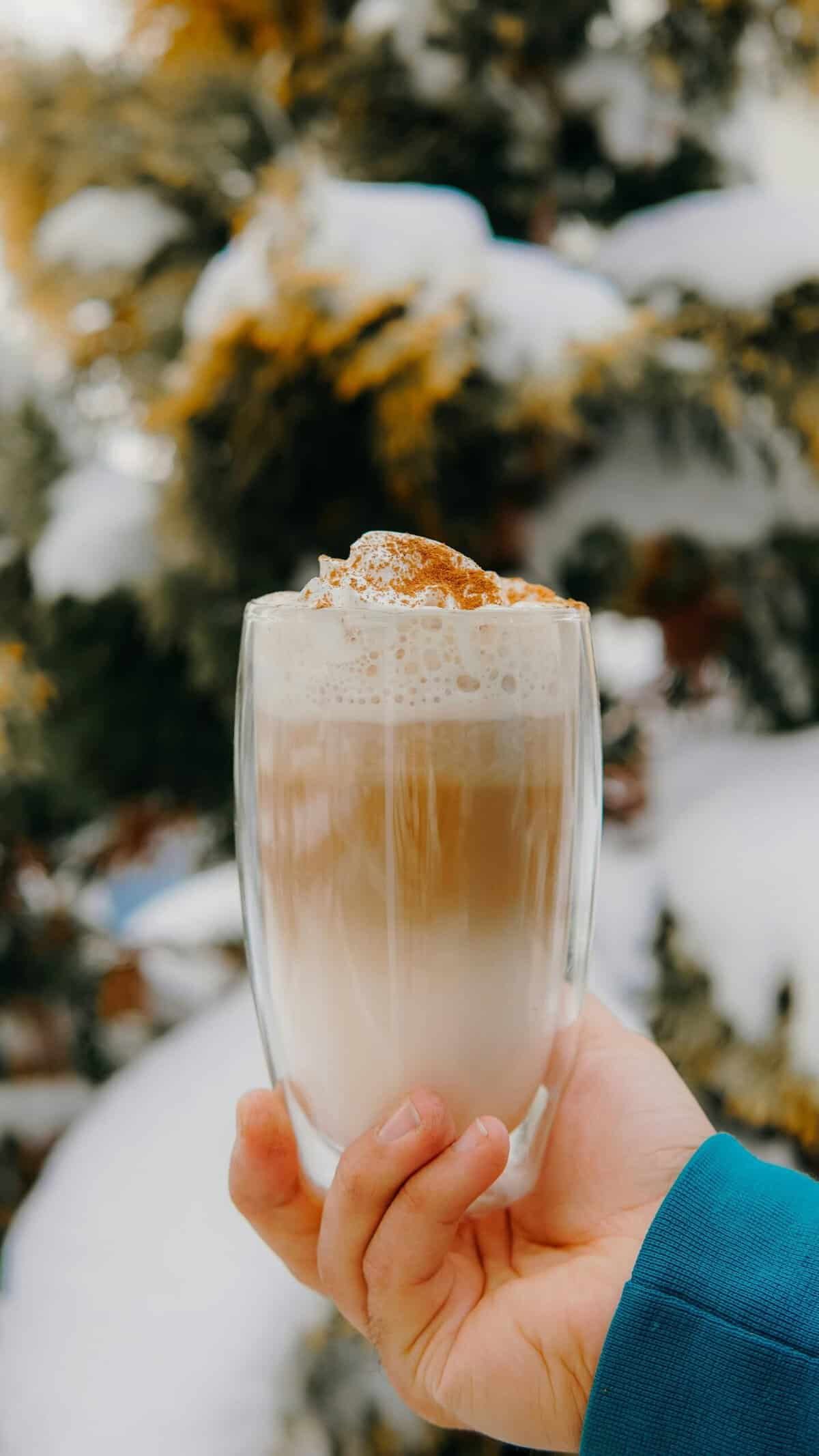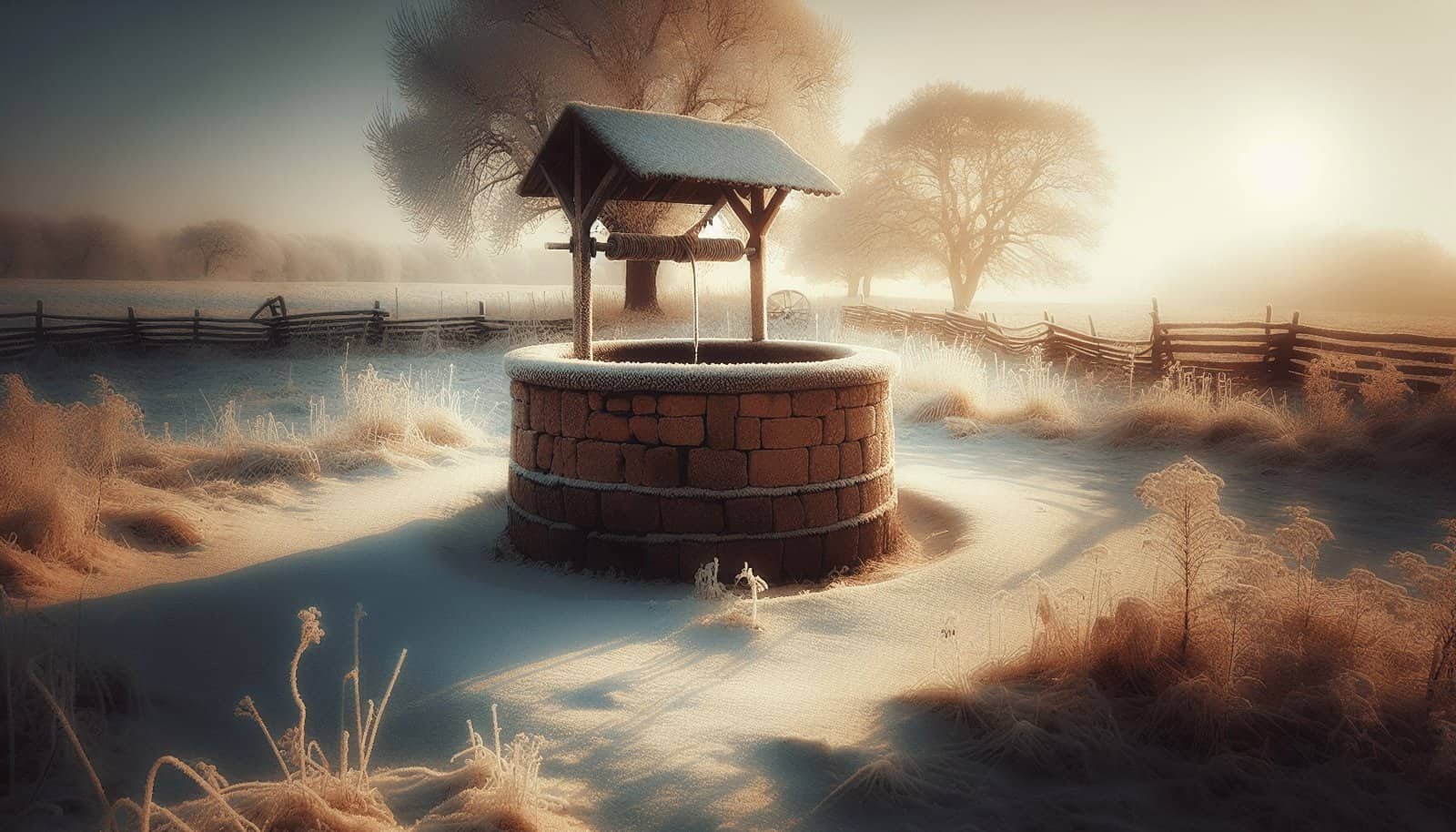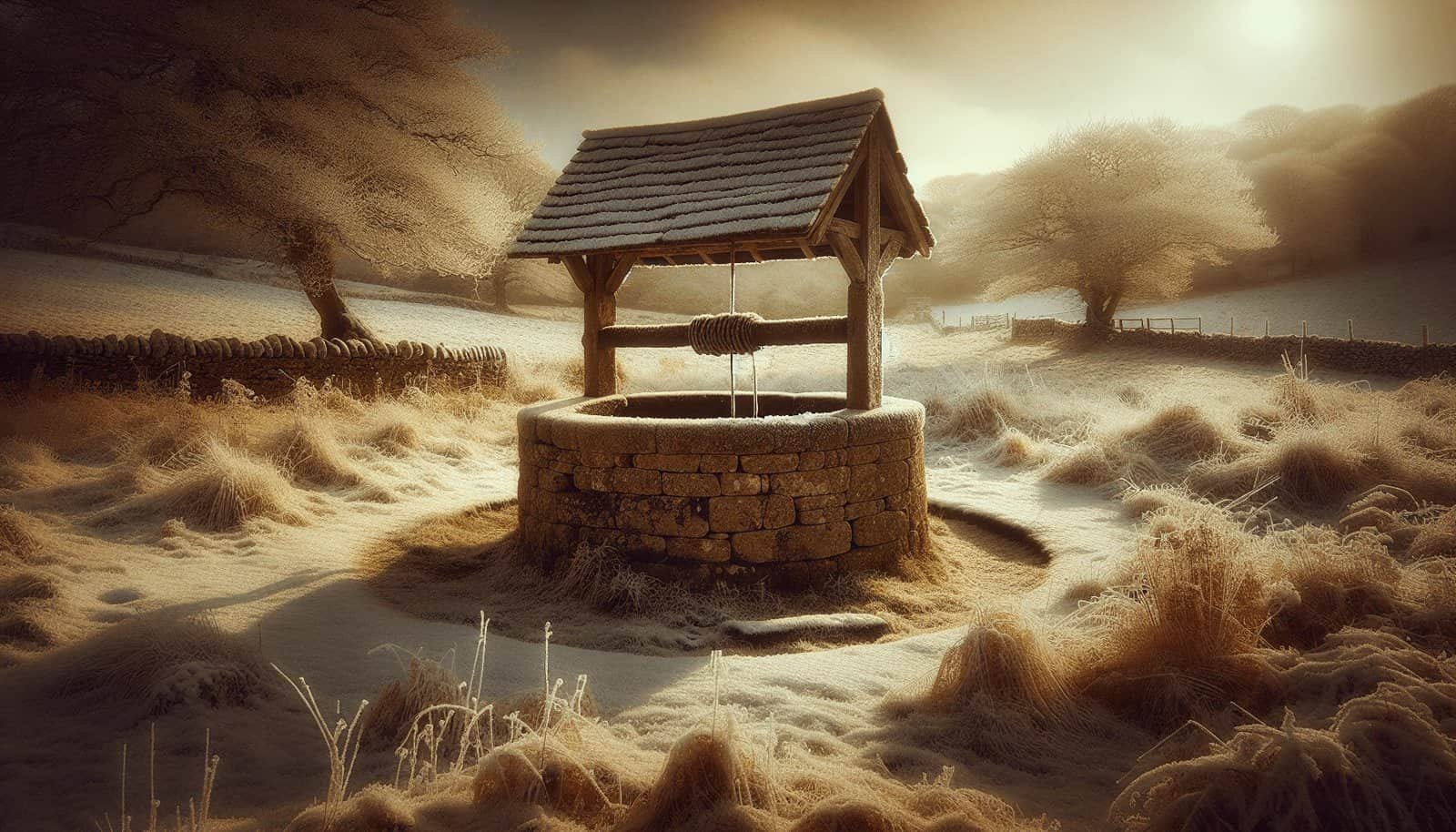Have you ever wondered how you can ensure your well water keeps flowing smoothly during those chilly winter months? If you’re relying on a well for your water supply, you know how crucial it is to prevent that life-giving resource from freezing when temperatures drop. It can be quite a challenge, but with the right knowledge and preparations, you can protect your well and keep the water flowing effortlessly. Let’s explore the best ways to prevent your well water from freezing this winter.
Understanding Why Well Water Freezes
Winter brings picturesque landscapes, but it can also cause some frustrating issues for those with well systems. Water freezes when it’s exposed to temperatures below 32 degrees Fahrenheit. Your well water system isn’t like the typical city water system that has the luxury of being buried deep enough or running continuously to prevent freezing. Well water systems need some attention to remain functional through winter’s chill.
How Well Water Systems Work
Before discussing prevention, it’s beneficial to understand how well systems generally operate. A well system typically includes a well casing that travels vertically into the ground tapping into the water table, a pump that brings the water up, pipes that transport water to the house, and a pressure tank that stores water for use. Each component is exposed to potential freezing risks: the pump, pipes, and even the water stored in the tank.
Causes of Freezing
Several factors contribute to the freezing of well water, including exposure, insulation quality, and flow. Wells or components that are above ground are exposed to freezing temperatures directly. Additionally, exposed pipes and poorly insulated parts are most susceptible to freezing. If the water isn’t flowing regularly, this stagnant water can freeze more quickly compared to running water.

Effective Methods to Prevent Freezing
To tackle the cold, implementing strategies to insulate, heat, and keep water flowing is crucial. Let’s discuss tactics and tools you can use.
Insulating the Well System
One of the primary defenses against freezing is insulation. Insulating both above-ground and buried components can help sustain a temperature that prevents freezing.
Insulation Materials
Various insulation materials, like foam pipe insulation, heat tape, or insulating blankets, can be used. Foam pipe insulation is a popular choice due to its ease of use and effectiveness. It comes in different thicknesses, typically measured by R-value; a higher R-value provides better insulation.
| Material Type | Description |
|---|---|
| Foam Pipe Insulation | Tubular foam used to cover exposed pipes. |
| Heat Tape | Electrically powered tape that provides warmth. |
| Insulating Blankets | Thick blankets specially designed for insulation. |
Insulating Above-ground Components
To insulate above-ground components like well caps and pressure tanks, wrap them with insulating blankets or foam covers. Make sure any insulation is secure and covers all exposed parts comprehensively, avoiding gaps where cold air might enter.
Using Heat Sources
For particularly cold regions, adding a heat source to your setup can be beneficial. This can mean using heat lamps, heaters, or heat tapes, especially in well houses or enclosed spaces around your pump and pipes.
Heat Tape
Heat tape is an excellent solution for pipes in colder climates. It’s designed to warm up the pipes, preventing freezing efficiently while minimizing energy use.
- Installation: Wrap the heat tape in a spiral clockwise pattern along the length of the pipe, ensuring even distribution.
- Precautions: Verify the compatibility of your pipes with heat tape, and regularly check for damage or wear. Never overlap heat tape over itself as it poses a fire risk.
Heat Lamps
In enclosed areas like well houses, heat lamps provide a convenient and safe way to maintain an above-freezing temperature.
Keep Water Flowing
Ensuring water is consistently flowing can prevent freezing, as moving water does not easily freeze. Simple practices can help encourage this flow.
Won’t-ground System Design
Some systems are designed to run continuously or periodically to keep water moving. Consider speaking with a plumber to explore if this is a viable design for your setup.
Controlled Dripping
Allowing a small drip from faucets can relieve pressure and ensure constant water movement in pipes, reducing the chance of water freezing within the system.
Well House
Constructing a well house, an enclosed structure over the well, provides an easy solution to insulate and add heat. A well house can house your pump, pressure tank, and water softener, offering better protection from freezing temperatures.
Design Considerations
When designing your well house:
- Insulate Walls and Roof: Use high-quality insulation materials to retain heat.
- Provide Adequate Heating: Install a small heater or heat lamp to maintain a temperature above freezing.

Emergency Measures if Your Well Water Freezes
Despite all efforts, sometimes nature is unpredictable, and systems may still freeze. Quick response is vital.
Thawing Frozen Pipes
- Heat Application: Use heat applications like hairdryers, heat lamps, or portable heaters (position carefully and safely) to thaw frozen sections.
- Avoid Open Flame: Never use open flames like a blowtorch as it poses significant fire hazards.
Professional Help
In complex scenarios, or if you cannot access or identify the issue, contact a professional plumber. They possess the expertise and tools to address and mitigate issues effectively.

Maintenance and Regular Checks
To keep your setup running efficiently and prevent freezing, regular maintenance checks are crucial.
Inspect Insulation
Check routinely for any wear and tear in the insulation materials. Replenishing or replacing insulation is often necessary as severe weather conditions can impact the effectiveness.
System Functionality Checks
Monitor the system, especially during the coldest nights, to ensure flawless operation. Listen for any unusual sounds, drips, or signs that may indicate issues.
Upgrade Considerations
As technology upgrades, explore advanced solutions like smart heat tapes or insulated materials offering efficiency and ease of use over traditional methods.

The Ultimate Goal: A Freeze-Free Winter
With thoughtful preparation and installation of preventive measures, your well water can flow smoothly throughout winter. Combining insulation techniques, heat applications, and maintaining adequate water flow, while having emergency plans, you’ll have peace of mind knowing you’re well-prepared against the frosty adversities of winter.
Here’s to a well-protected and worry-free winter for your well water system! Take pride in your efficient system and relish the sustained access to your vital water resource, despite the biting chill outside.

